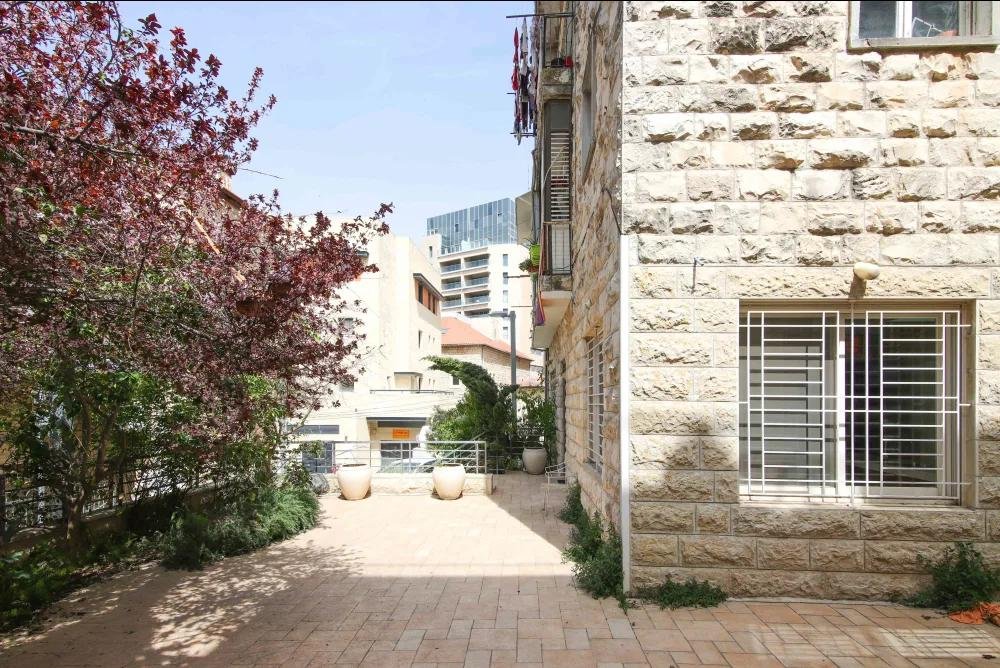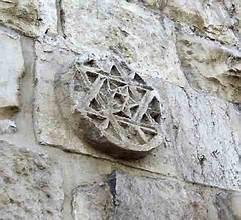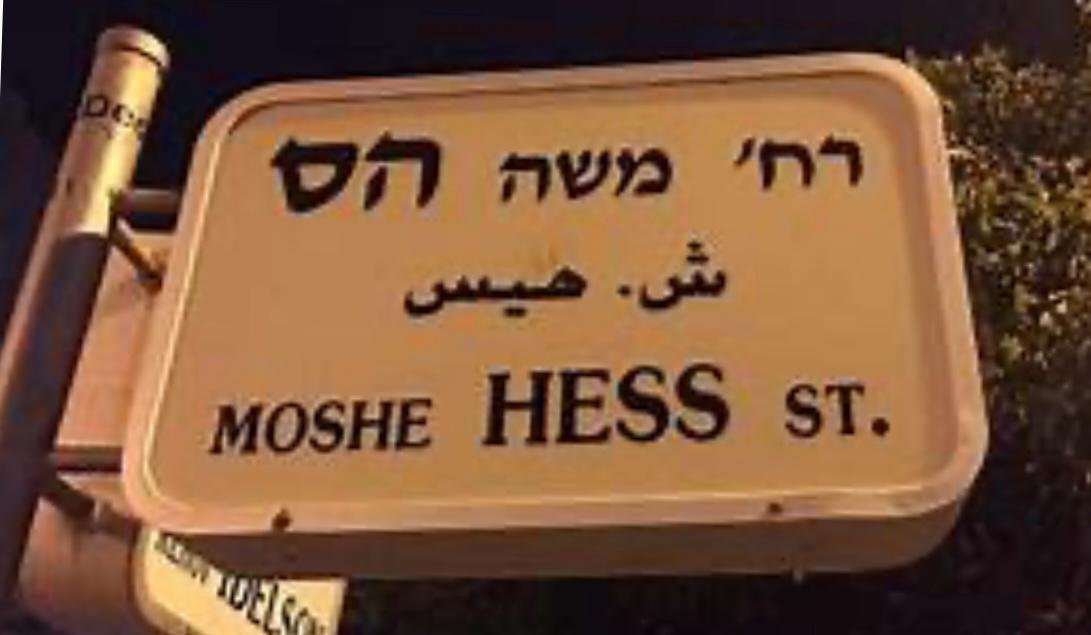Little darlings
Jerusalem, Israel
I AM LIVING in Jerusalem in a tiny flat on the second floor of a building near the King David Hotel. A winding stone staircase leads to apartments on three floors. The neighbor upstairs is a short sturdy blonde woman who keeps trying to set me up with Yaakov, the son of the neighbors who live next door. He and all his family are diamond cutters. The fact that Yaakov is 30 and lives with his parents doesn’t bother me. He wears a lot of jewelry and clouds of cologne, and that is what I don’t like about him. But matchmaking is the national sport of Jewish mothers everywhere, and Henya keeps trying.
Henya comes downstairs and knocks on my door. Her daughter and granddaughters are visiting, and she wants me to meet them. The granddaughters are identical twins, four years old, two of the most beautiful children I have ever seen. They have night dark hair, very fair skin and incredible crystal blue eyes. They are dressed alike in little smocked dresses, ribbons in their hair. Henya introduces me to her daughter, serves tea and cakes. I can’t help but stare at the little granddaughters.


Strangely, I recognize these little girls. I have seen them once before when riding on a bus in Jerusalem. They are absolutely darling, unforgettable, two little carbon copies of cuteness, and I remember the other bus passengers fawning over them, patting their heads, pinching their cheeks, giving them cookies.
Israelis love and spoil their children to an extent I’ve never seen before. I call it the Cult of the Child. They will make sacrifices, do anything, give up everything, all for the sake of their children, even more so than parents in other cultures. I think it is a reaction to the lost children of the Holocaust, the two million who never got a chance to grow up.
The next day, I encounter Henya in the stairwell. She beams when I thank her for the tea and comment on the beauty of her granddaughters. I ask her where she is from. In 1977 Israel, almost everyone comes from someplace else.
“Poland,” Henya tells me. I am a little surprised. I know how devastating World War II was for the Jews of Poland, communities destroyed, families obliterated, generations lost forever. The Jews of Poland were almost wiped off the face of the earth.
“Where were you during the war?” I ask. Henya looks straight at me and answers my question with another question. “Where do you think I was?” she asks evenly.
Looking in her eyes I see the answer, but I do not respond.
